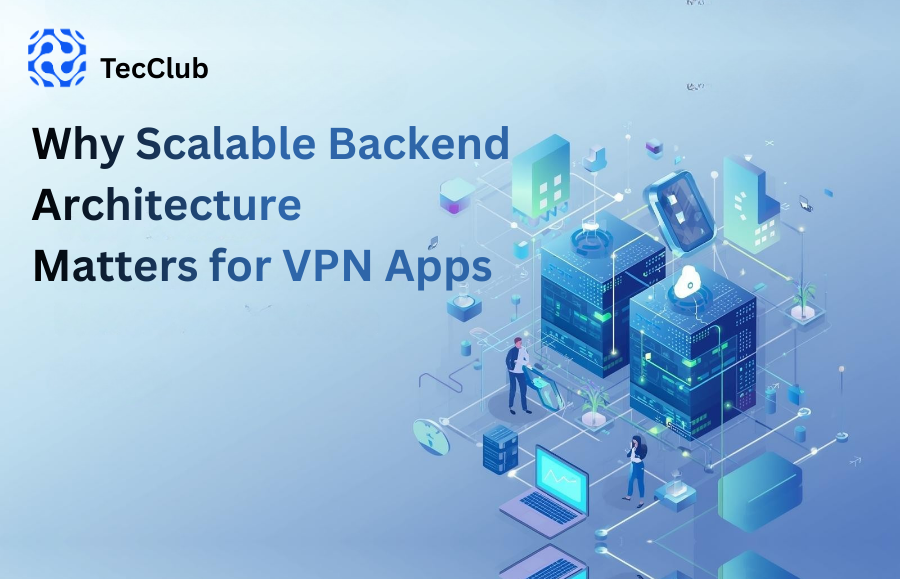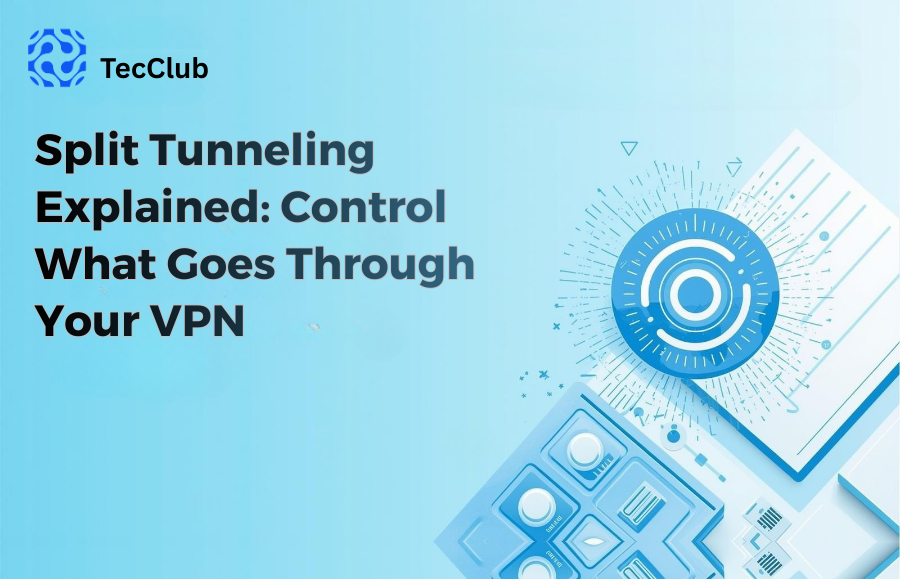
In today’s digital-first world, cyber threats are everywhere. Hackers are constantly developing new ways to intercept personal data, steal financial information, and compromise business systems. From phishing scams to advanced malware, no user is fully safe online.
But there’s a strong defense available: the Virtual Private Network (VPN). Beyond simply hiding your IP address, a VPN creates an encrypted shield around your data, making it nearly impossible for hackers to break through.
So, what exactly will a VPN do if hackers try to steal your data? Let’s break it down.
When you connect to the internet through a VPN, all your traffic passes through an encrypted tunnel. This means if hackers attempt a man-in-the-middle (MITM) attack, they’ll only see scrambled information instead of your passwords or credit card numbers.
Without VPN: Hackers can read unprotected data packets.
With VPN: Hackers only see unreadable, encrypted code.

Public Wi-Fi is a goldmine for cybercriminals. Many hackers set up fake hotspots or exploit unsecured ones to spy on users. A VPN ensures:
Your login details remain private.
Banking transactions stay secure.
Hackers can’t trace your browsing activity.
Essentially, a VPN makes you invisible on unsafe networks.
Hackers often use your IP address to track your identity, location, or even launch attacks like DDoS (Distributed Denial of Service). With a VPN:
Your real IP is hidden.
Hackers only see the VPN server’s IP.
Tracing your activity becomes nearly impossible.
Some hackers create spoofed websites that look identical to banking or shopping portals. A good VPN can help identify suspicious connections, blocking access before you accidentally hand over your data.
For companies, a VPN is not just about privacy—it’s about compliance and security. Remote employees using a VPN reduce the risk of exposing sensitive files to hackers when working outside the office.
If you’re considering a VPN to protect yourself against hackers, here’s what you can expect:
| VPN Plan | Price (Monthly) | Features |
|---|---|---|
| Personal VPNs | $5 – $12 | Secure browsing, IP masking, encryption |
| Family VPNs | $12 – $20 | Multi-device protection for households |
| Business VPNs | $7 – $15/user | Encrypted file sharing, remote work security |
| Enterprise VPNs | $500+ | Large-scale data security, admin controls |
Hackers thrive on weak defenses, but with a VPN in place, their chances of stealing your data drop dramatically. From encryption to IP masking, VPNs are one of the most effective cybersecurity tools for individuals and businesses alike.
At TecClub Technology, we believe that protecting your data is no longer optional—it’s essential. A VPN ensures that even if hackers come knocking, they’ll find nothing but locked doors.

